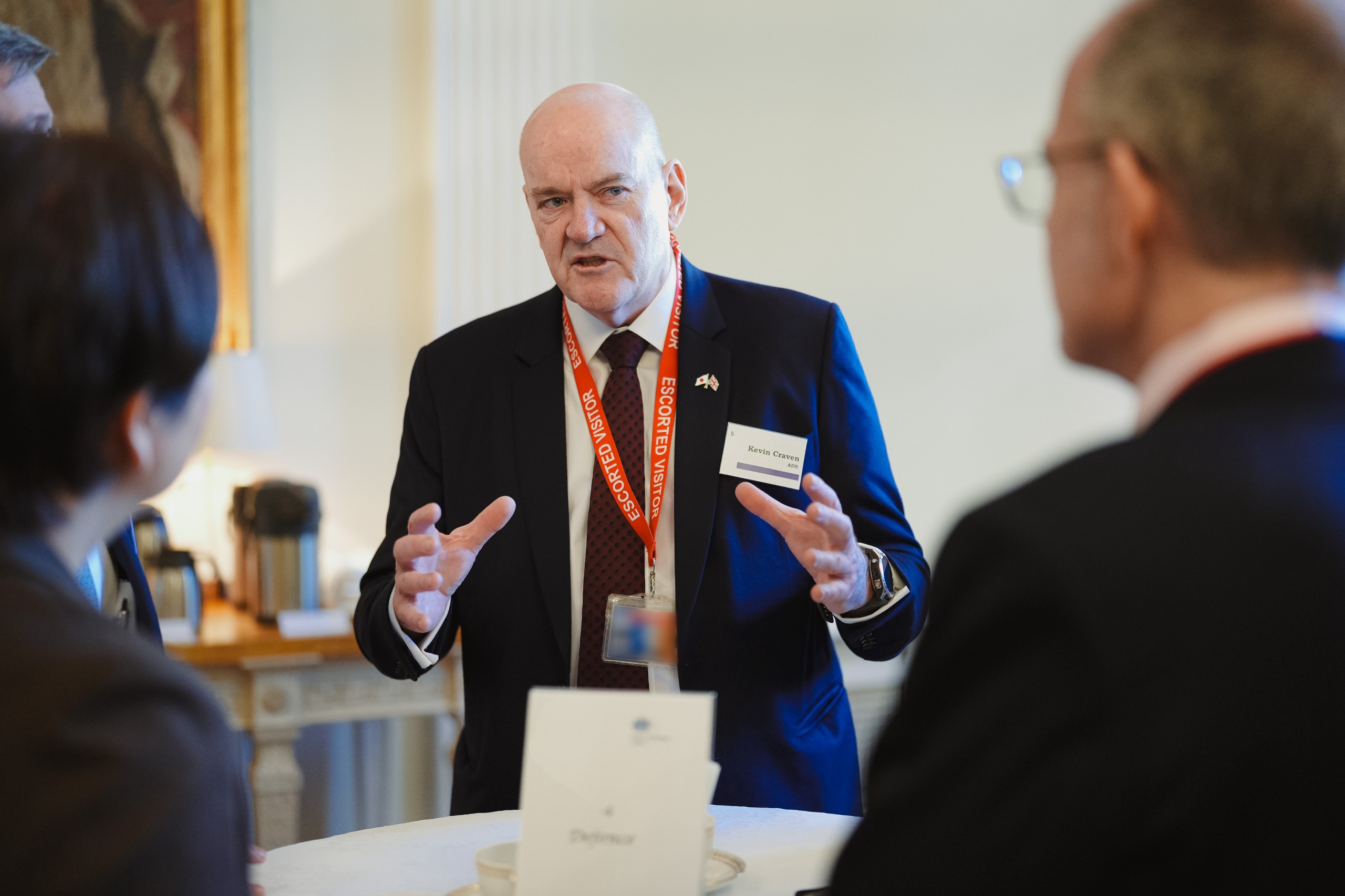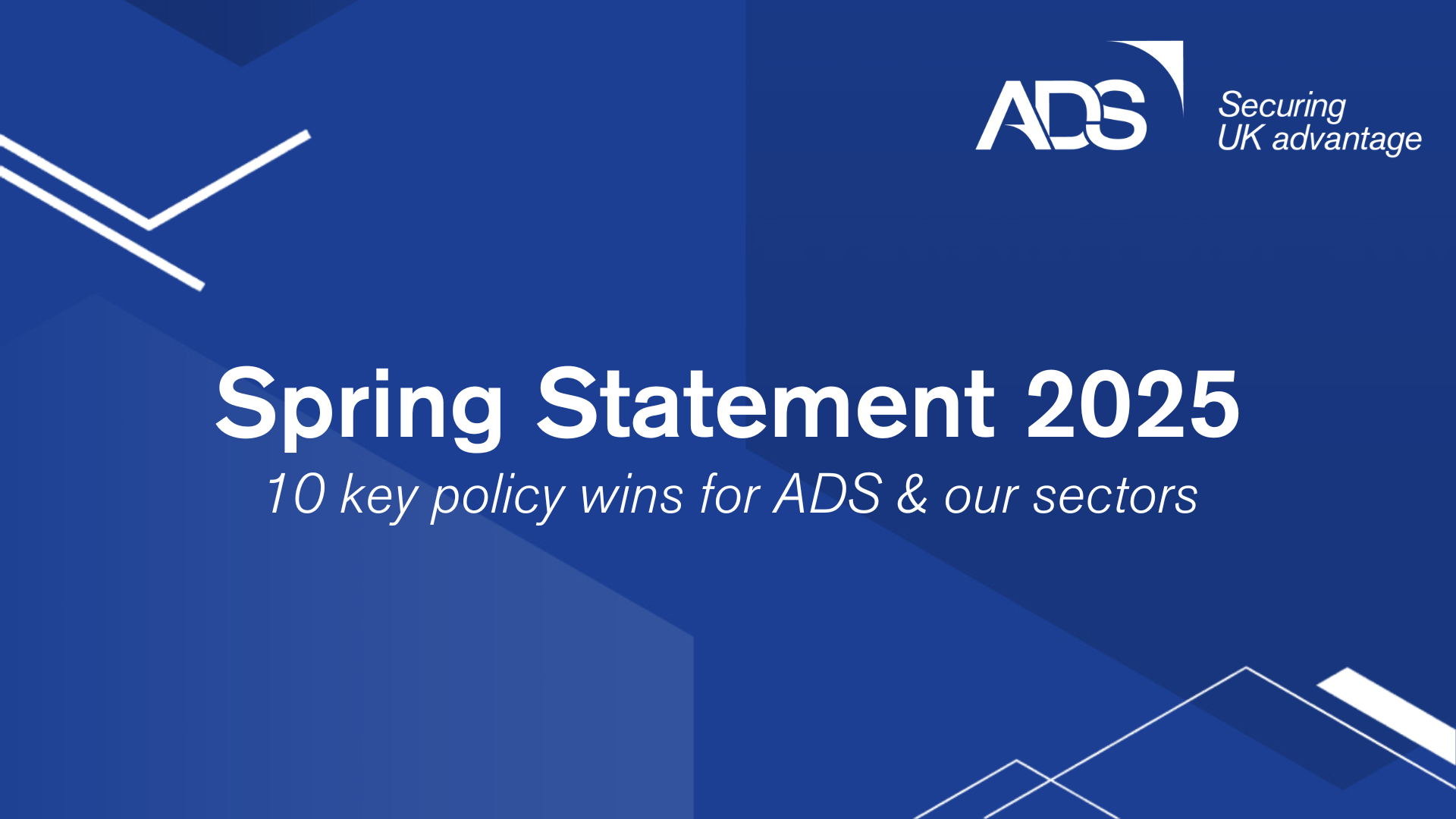
At the start of March we celebrated the 10th anniversary of National Apprenticeship Week. The UK’s Aerospace, Defence, Security and Space sectors are at the forefront of providing high quality training and development, with companies across our four sectors employing over 10,000 apprentices.
Our sectors invest heavily in training in the UK, but still suffer acute skills shortages and need access to skilled labour in order to compete and succeed globally.
This time next week the Prime Minister will trigger Article 50, starting the formal two year process for the UK to leave the European Union. As Jeegar Kakkad posted on this blog on Monday, one of the first questions for the coming negotiations will be what rights people will have to move, live and work across our respective borders.
ADS wants to see the government secure an ambitious agreement with the EU that includes access to the pool of skilled labour required to maintain the UK’s global competitiveness.
Half of the standard occupations in the Home Office’s Shortage Occupation List – an official list of occupations for which there are not enough resident workers to fill vacancies – are in engineering sectors or allied professions such as physical sciences. What’s more, in the coming years – and at a time of increasing aircraft production – our industries will be competing for skilled workers with a number of other high-profile infrastructure projects from HS2 to the government’s nuclear energy programme.
This means there will be even more emphasis on attracting and retaining the best researchers and engineers in order that UK companies remain at the leading edge of innovation.
Companies within ADS’ sectors are part of integrated pan-European supply chains, have sites in other EU states and rely on exports to overseas markets. These companies move their employees across national borders to provide services and expertise, to plug skills gaps quickly and effectively, and to professionally develop their staff.
From an operational perspective, manufacturing production problems are often solved by mobile teams operating at sites across Europe, including in the UK. Freedom of movement also allows for cross-border R&D collaboration between suppliers, customers and research institutions, enabling the UK to remain at the forefront of innovation.
A couple of weeks ago EEF published a Brexit briefing note identifying manufacturers’ post-Brexit priorities for skills and migration – including recruiting highly-skilled worked; facilitating training, youth mobility and career advancement; a flexible model for Intra-Company Transfers; and allowing for the movement of workers on a short-term basis.
Take a read online here: EEF Brexit Briefing – A new model for migration





